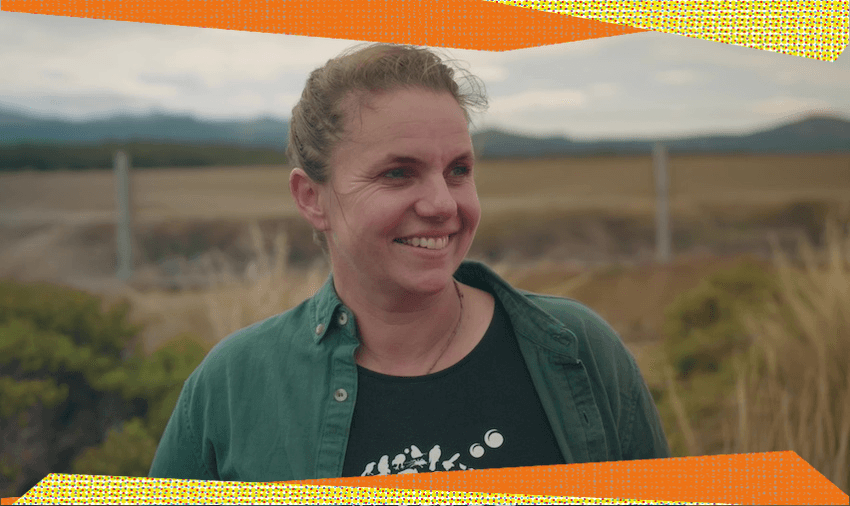The Australian government has launched an aggressive campaign to prevent Pacific Islander farm workers from fleeing their jobs as new figures reveal more than 1,000 seasonal pickers absconded in the past year.
The campaign warns pickers they may “bring shame to their families” if they run away from their jobs and they risk having their visa cancelled.
“You may not be able to work in Australia again (this may include your family and community members)”, one campaign poster reads.
“You may damage the relationship between your country and the employer, and you may bring shame to your family’s reputation.”
It comes as Australia’s seasonal worker program is hit with claims it has subjected people to “inhumane conditions”, with a class action being built against the government.
Each year thousands of migrants from the Pacific islands are brought to Australia to work on farms picking fruit and vegetables under the program.
In the last financial year, 1,181 workers on the program attempted to run away from their employees, which are normally labour hire companies, according to the Department of Education, Skills and Employment (DESE). That is compared to 225 the previous year.
A DESE spokesperson said the number of people who absconded was not as large as it appeared, as some may have returned to work.
“[There are also] workers who have reconnected with the SWP and have since been redeployed to another placement,” the spokesperson said.
The Department of Foreign Affairs and Trade, which is responsible for the campaign poster, has been approached for comment.

Alison Rahill, executive officer of the Catholic Archdiocese of Sydney’s Anti-Slavery Taskforce, said 80% of the workforce were tied to labour hire contractors, which often meant they were working in poor conditions.
She said the focus should be about why an employee would want to leave in the first palace.
“We’re never concerned about why a worker is leaving an employer,” Rahill said.
“Finding out if there were threats, intimidation and abuse. All of the reasons that would contribute to a worker wanting to leave an employer.”
She said the poster, which is available to download on the government website in six different Pacific languages, would exacerbate the “fear” that workers would feel.
Rahill said workers were often treated poorly and living in isolation without proper food and accommodation.
“They’re left with no choice but to run away. They’re given no choice.”
Proponents of the program argue it delivers benefits for both Australian farms and the workers.
Workers from these countries are often poor and have limited English. For many, it is a way to build a better life.
“We really want to go there to work for our family future,” said one worker in Samoa, who is awaiting approval.
But others argue the isolation of the workers and the nature of the industry has led to widespread exploitation.
Sydney lawyer Stewart Levitt is building a class action against the government over the program.
Workers are meant to receive $900 a week for their work, but Levitt said this was rare and some were left with only $300 a week after their employers made excessive deductions.
This can include $200 a week to share a shipping container or room with six other people, he said.
“They’re paying through the nose to live with six people in one bedroom, with an outdoor toilet,” Levitt said. “We have payslips where people are being charged $14.80 for water.”
He said workers were subjected to “substandard and inhumane conditions” but many were too scared to come forward.
“Because of the intimidation and terror that’s been struck, it’s hard to get anyone to come forward. They’ve been told there are repercussions,” Levitt said.



















Discussion about this post